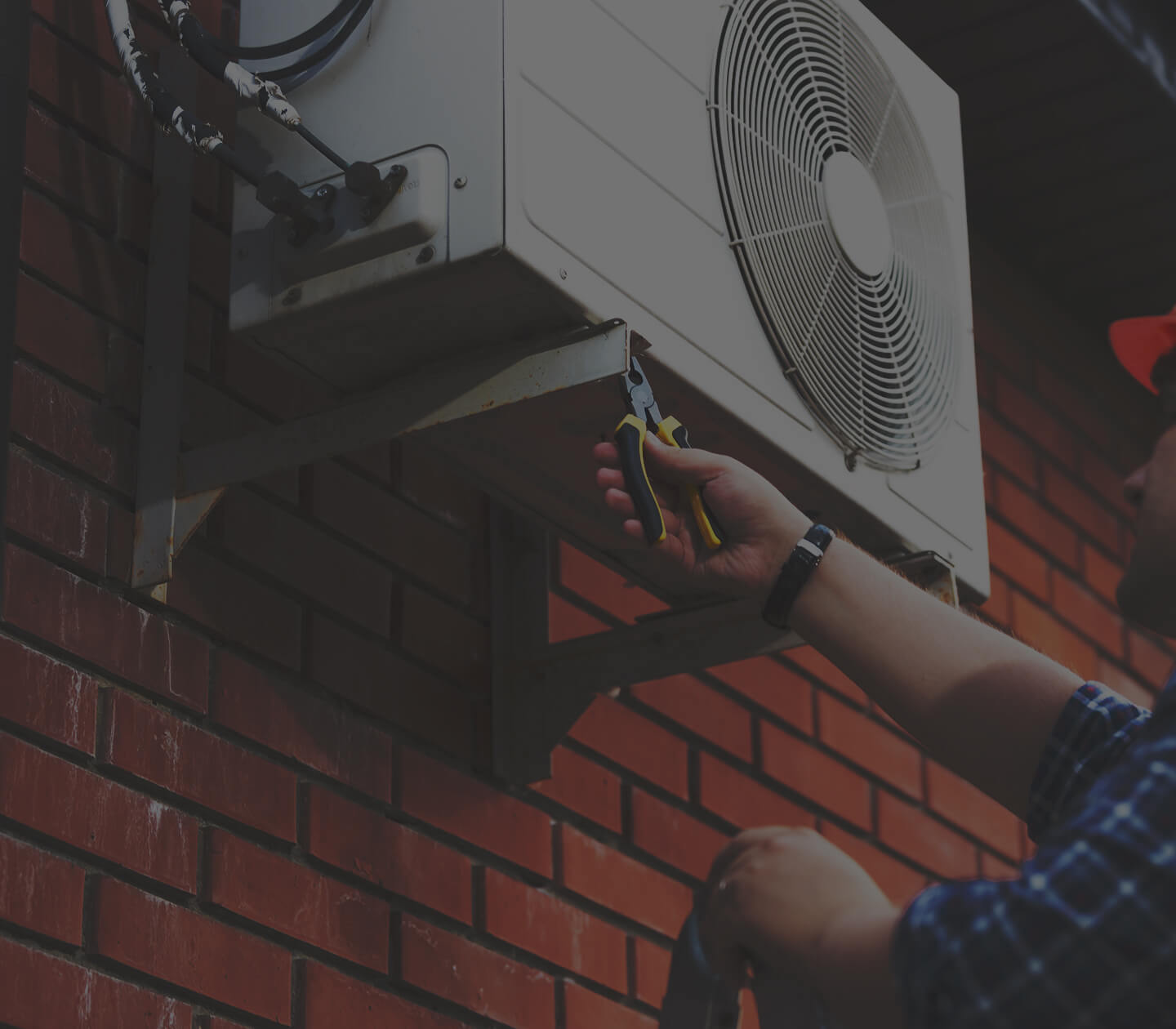Indoor air quality is a critical factor in maintaining a healthy and comfortable home. Poor air quality can lead to various health issues such as allergies, respiratory problems, and even long-term health effects. In this blog post, we will discuss 5 tips for better indoor air quality that can help you create a safer and healthier environment for you and your family.
1. Keep Your Home Clean and Tidy
One of the most effective ways to improve indoor air quality is to keep your home clean and tidy. Dust, dirt, and other particles can accumulate in your home and circulate through the air, causing a range of respiratory issues. Regular cleaning can help prevent the buildup of these particles and keep your home’s air cleaner. Vacuum your carpets and upholstery frequently and use a damp cloth to clean hard surfaces, like floors and countertops. This way, you can reduce the amount of dust and other allergens in the air.
2. Use an Air Purifier
Air purifiers are an excellent way to improve indoor air quality. They work by removing airborne particles, such as dust, pollen, and smoke, from the air, leaving you with cleaner, fresher air to breathe. They are particularly useful for those who suffer from allergies or respiratory problems. Air purifiers come in a range of sizes, from portable units to larger models that can clean the air in an entire room. Consider investing in one that suits your needs and budget.
3. Increase Ventilation
Good ventilation is essential for maintaining good indoor air quality. It helps to circulate the air and remove stale or contaminated air. To improve ventilation in your home, open your windows and doors whenever possible. This is particularly important when cooking, showering, or using chemicals, as these activities can produce significant amounts of pollutants. You can also consider installing a ventilation system, like a heat recovery ventilator, which can help remove stale air while still keeping your home energy-efficient.
4. Control Humidity
High levels of humidity in your home can lead to the growth of mold and mildew, which can cause respiratory problems and allergies. Keeping humidity levels in check is essential for maintaining good indoor air quality. Aim for a relative humidity of 30-50% in your home. You can use a dehumidifier to reduce humidity levels or increase ventilation to remove excess moisture.
5. Be Mindful of Chemicals
Chemicals are a common source of indoor air pollution. Many household products, such as cleaners, air fresheners, and personal care products, contain chemicals that can be harmful to your health. To improve indoor air quality, be mindful of the products you use and their ingredients. Look for natural, non-toxic products or make your own using ingredients like vinegar, baking soda, and lemon juice.
In conclusion, maintaining good indoor air quality is essential for your health and well-being. By keeping your home clean, using an air purifier, increasing ventilation, controlling humidity, and being mindful of chemicals, you can create a safer and healthier environment for you and your family. These tips are simple and effective ways to improve indoor air quality and enjoy cleaner, fresher air in your home.


